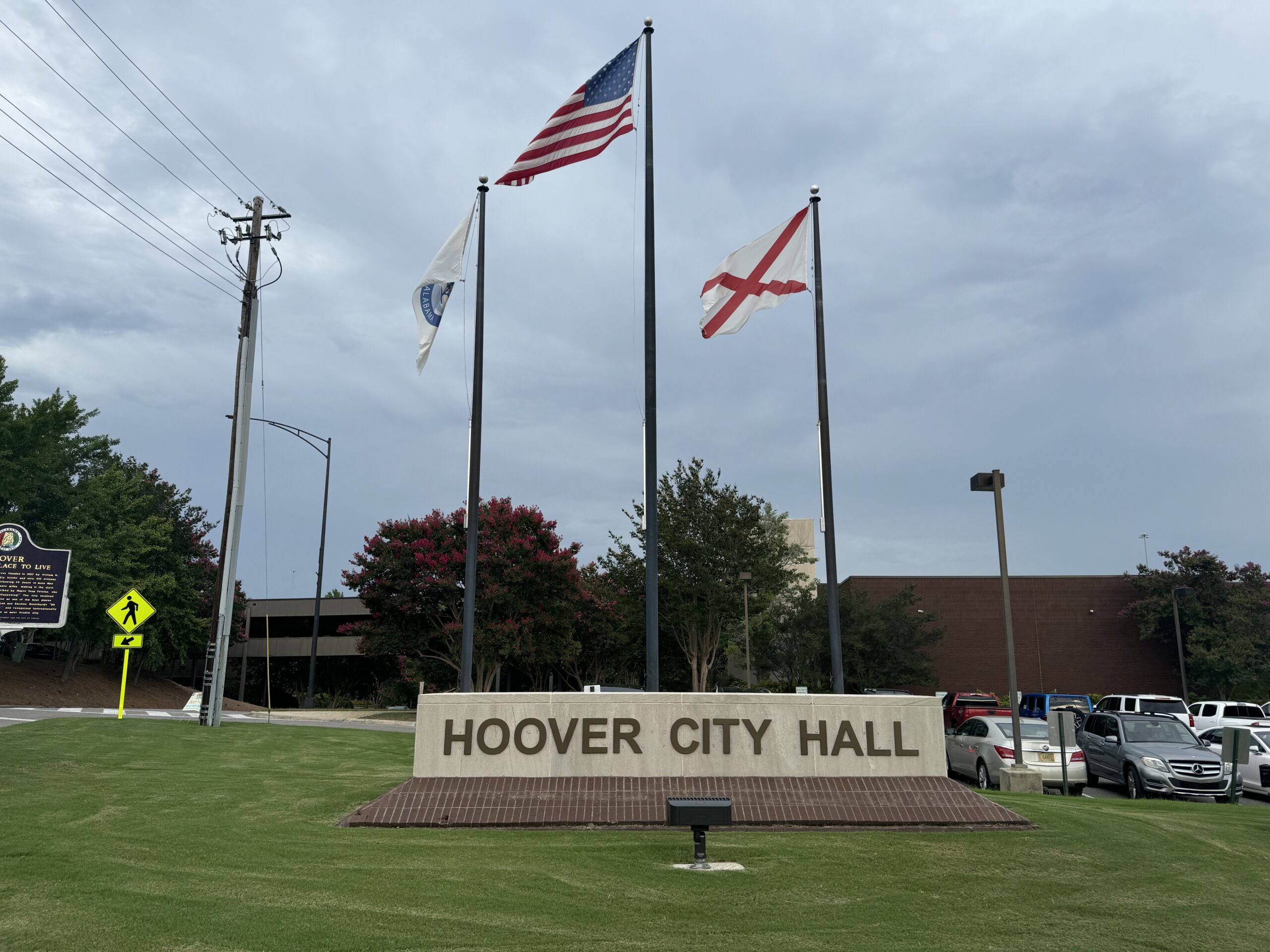- How many cases has each county conservator been assigned since they started by year?
- How much money have the appointed conservators received since they started to serve? Of those cases, how many are being contested by legitimate heirs?
- How many temporary orders have the Jefferson County probate judges by judge extended beyond 30 days? How many beyond 45 days? How many beyond 60 days, and how many further and how much further?
- How many cases has Margaret Holland been a witness to for her law firm where she has been alleged to overhear or see things that would reflect poorly on the loved ones and families involved?
- Why doesn’t the Jefferson County probate audio record every trial to ensure accurate record-keeping as many other probate courts around the state do?
- We need to know how often the counties two conservators have moved to sell houses, property, and/or assets or accessed irrevocable trusts of those whose estates and didn’t require those actions for a Ward’s care or financial support? Were these unnecessary actions all supported or approved by one or both elected judges in Jefferson County?
- District 1 – Lashunda Scales
- District 2 – Sheila Tyson
- District 3 – Jimmie Stephens
- District 4 – Joe Knight
- District 5 – Steve Ammons
This series has been eye-opening for many of us, but there’s some, like Black, who have been involved for years.
Upcoming stories in this series will focus on other ways in which conservators and guardians use assisted living facilities to isolate, medicate, or sometimes even over-medicate, their Wards, thereby guaranteeing that they are not capable of participating in the proceedings needed to ensure their very freedom. These stories will show the painstaking efforts families have gone through to stop this abuse. We will look at individuals involved from lawyers to “creepy” peeping tom doctors, and others in this process and break down where relationships overlap, from professional to personal, creating what would appear to casual observers conflicts that never seem to come up.
We will look into the financial dealings, including property listings and sales of Wards, and we will also be discussing how “temporary” court orders have been exploited in Jefferson County by Judge King, as described in the State Supreme Court ruling.
In the age of COVID, families who have lost loved ones to forced care by others, and have lost their ability to monitor the situation, pick the best facility, ensure proper care, visit their loved ones, and so much more.
There’s much to be done and much to be said, but right now, we need information, so let’s work together Jefferson County residents and get it!
You can find Part 1 here, Part 2 here, Part 3 here, Part 4 here, Part 5 here, and Part 6 here.
Related
Share via:














